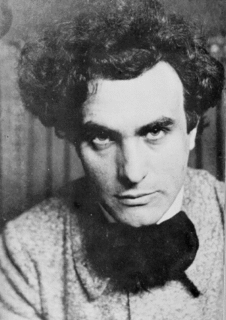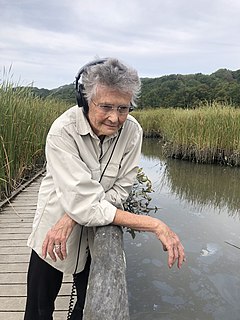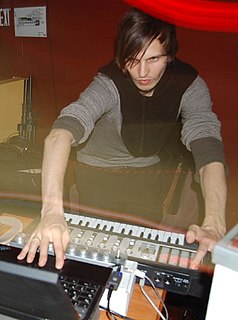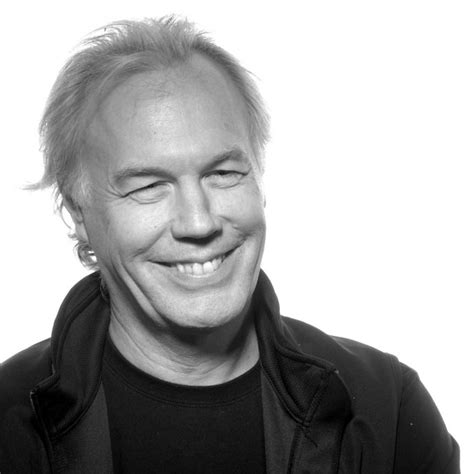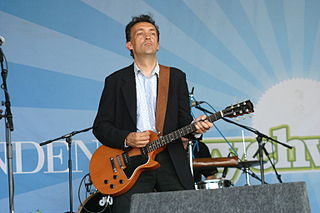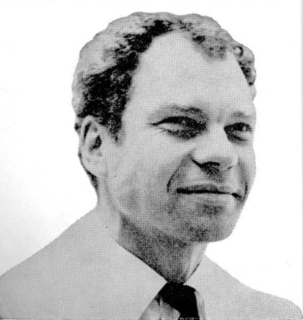A Quote by Edward Albee
I do think, or rather I sense that there is a relationship - at least in my own work - between a dramatic structure, the form and sound and shape of a play, and the equivalent structure in music. Both deal with sound, of course, and also with idea, theme.
Related Quotes
I do think some games are works of art, although their medium is visual rather than verbal. Both games and novels allow the reader/player to become a protagonist in the theater of the imagination. Both build worlds. In my opinion, the big difference between game and novel is in narrative structure. Communal role-playing games are open-plan without an end. A novel - at least the kind I write - has a closed structure with a beginning, a middle, and an end. I like that closed structure, and I feel I can say more with it.
I've been making films with almost no dialogue (laughs), so sound and music become a very powerful character to tell the story. It's almost like with sound and music and images, it's your tool to tell the story, especially when I decide to structure the film in a way that usually goes against the conventions of the three-act structure which most films are made out of.
Though my poems are about evenly split between traditionally formal work that uses rhyme and meter and classical structure, and work that is freer, I feel that the music of language remains at the core of it all. Sound, rhythm, repetition, compression - these elements of my poetry are also elements of my prose.
Rather than thinking of sound and sense in my essays as two opposing principles, two perpendicular trajectories, as they are often considered in conversations around translation, or even as two disassociated phenomena that can be brought together to collaborate with more or less success, I think of sound as sense. Sound has its own meaning, and it's one of the many non-semantic dimensions of meaning in language. I want to emphasize is the formal dynamic between language-as-information and language-as-art-material.
I know I have patterns and I've always tried hard to avoid them. There are definitely certain things in my music, if I'm looking back, "Well, that was a period where I was experimenting with a certain kind of chord structure or a certain kind of sound." I've tried really hard, but I'd be hard pressed to tell you what that sound, what that tangible sound of "me" is.
The brilliance here is appropriation: space, form and interface combine to create a Jetsons sound machine. A dream of music access that just hovers, its floating defines a space. The shape seems so obviously sci-fi, but fresh. The function could follow the form. The shape is beautiful and functional-which hits both of the pillars of American Needs right on the head.
In Western classical music the idea of holiness, purity, perfection, and total beauty is expressed through clarity of sound - a bell-like sound. Obviously, that has its own place, and it's a beautiful way of doing it. But I don't think I am the first to point out that in Africa, the more buzzing the sound is, the more it indicates the other world - the spirit world.
I think that when you're writing plays, and I think it's also true with novels, it helps to have an ear for the music of language, for what we call poetry, for the sound effects and the way that the sound can produce sensual feeling at odds with or consonant with the content of the work. Your work is also gorgeous writing. It's very unfortunate when you open a novel that everybody's loving and it's just, you know, an excruciatingly bad sentence.





